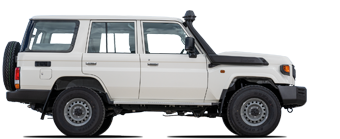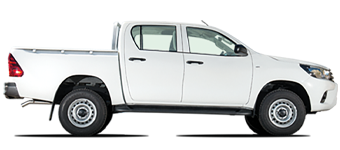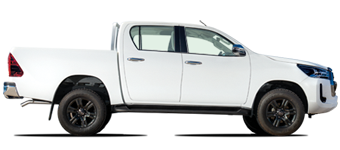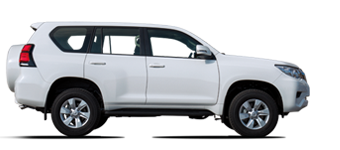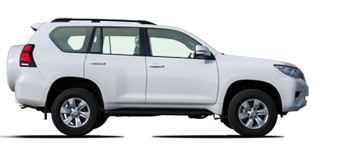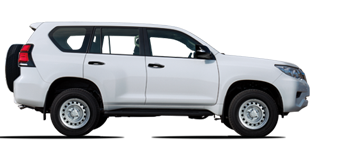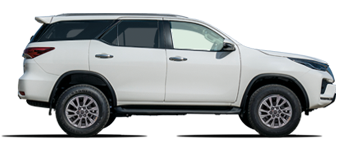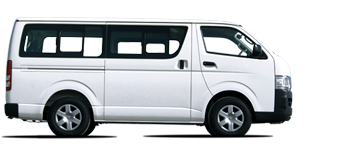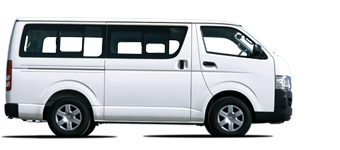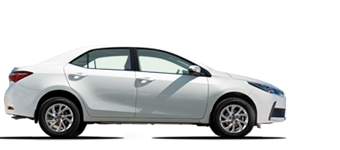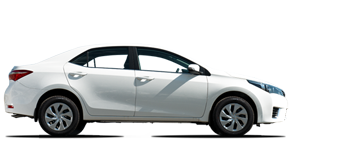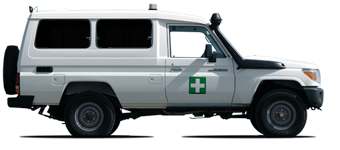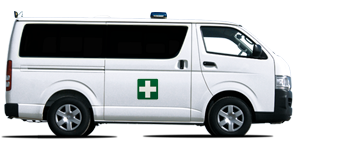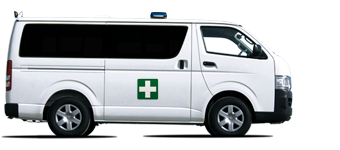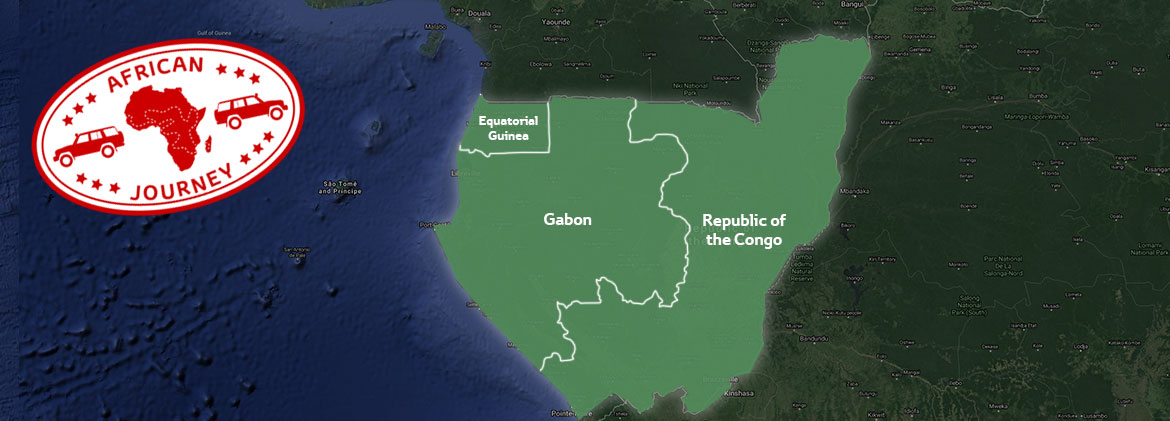African Journey Part 11
Congo, Gabon and Equatorial Guinea

Congo
Part 11 of our African Journey starts in Brazzaville, Congo. Congo, is a country located in the western coast of Central Africa. It is bordered by five countries: Gabon to its west; Cameroon to its northwest and the Central African Republic to its northeast; the Democratic Republic of the Congo to the southeast and the Angolan exclave of Cabinda to its south; and the Atlantic Ocean to its southwest.
The Republic of the Congo has become the fourth-largest oil producer in the Gulf of Guinea, providing the country with a degree of prosperity despite political and economic instability in some areas and unequal distribution of oil revenue nationwide. Congo's economy is heavily dependent on the oil sector, and economic growth has slowed considerably since the post-2015 drop in oil prices.
It is worth remembering that the containerised shipment time from Algeciras, Spain (which is only 20km from Gibraltar) to Pointe Noire is less than 3 weeks so logistics and delivery are excellent in case of emergency shipments.
Land Cruiser Hardtop Gallery
With most of the roads in Congo unpaved, the driving challenges are always there and it is essential that you have a trustworthy vehicle to help you – the Land Cruiser Hardtop fits the bill perfectly. It is the standard fleet vehicle for many front-line agencies who demand the ultimate in dependability. Our customers can trust this model to deliver unprecedented performance. This is the flagship Toyota model for UN and NGO customers. With 13 seats and peerless off-road ability it is the “go-to” vehicle for a huge number of agencies.
Equally important in a location like Congo is a healthy insistence upon genuine spare parts to ensure the best and most reliable performance of your vehicle. TGS can ship specially prepared parts packages with the vehicle saving both time and money. Details can be found here:
But in any case, we can recommend that genuine Toyota parts and service is available at the local Toyota distributor who looks after any vehicle supplied by TGS from an after sales point of view.
Toyota themselves have issued videos emphasising the importance of GENUINE Toyota spare parts, read about it here.
The 700+ mile journey from Brazzaville to Libreville, Gabon is an arduous one. A really great accessory to consider for this type of conditions is differential lockers.
We recently had the opportunity to explain the operation of the differential locks on a Land Cruiser 70 series. First, we had to get the vehicle “stuck” in a common enough cross-axling situation, and then we let the differential locks do the talking. Jan Buhler a TGS Area Manager and frequent Technical Team Trainer explains here:
TGS Technical Training team visited Congo in 2017 in order to provide vehicle training. The picture gallery below gives a taste of the kinds of conditions which are prevalent in the country.
Gabon
We are now ready to move onto Libreville, Gabon.
Gabon is a country on the west coast of Central Africa. Located on the equator, Gabon is bordered by Equatorial Guinea to the northwest, Cameroon to the north, the Republic of the Congo on the east and south, and the Gulf of Guinea to the west. It has an area of nearly 270,000 square kilometres and its population is estimated at 2.1 million people. Its capital and largest city is Libreville.
Abundant petroleum and foreign private investment have helped make Gabon one of the most prosperous countries in Sub-Saharan Africa, with the fourth highest GDP per capita in the region. However, because of inequality in income distribution, a significant proportion of the population remains poor.
Gabon generally has an equatorial climate (always hot and humid) with an extensive system of rainforests, with 89.3% of its land area forested.
There are three distinct regions: the coastal plains, the mountains and the savanna in the east. The coastal plains form a large section of the World Wildlife Fund's Atlantic Equatorial coastal forests ecoregion and contain patches of Central African mangroves especially on the Muni River estuary on the border with Equatorial Guinea.
Gabon is also noted for efforts to preserve the natural environment. In 2002, roughly 10% of the nation's territory was designated to be part of its national park system (with 13 parks in total), one of the largest proportions of nature parkland in the world. The National Agency for National Parks manages Gabon's national park system.
Natural resources include petroleum, magnesium, iron, gold, uranium, and forests.
The TGS Technical Training team visited Gabon back in 2013 and the gallery of pictures below indicates the conditions we experienced during our visit.
Equatorial Guinea
Moving from Libreville to Bata, Equatorial Guinea is a journey of nearly 400 miles
Equatorial is a country located on the west coast of Central Africa, with an area of 28,000 square kilometres. Formerly the colony of Spanish Guinea, its post-independence name evokes its location near both the Equator and the Gulf of Guinea. Equatorial Guinea is the only sovereign African state in which Spanish is an official language. As of 2015, the country had an estimated population of 1.2 million.
Equatorial Guinea consists of two parts, an insular and a mainland region. The insular region consists of the islands of Bioko in the Gulf of Guinea and Annobón, which is the only part of the country south of the equator. Bioko Island is the northernmost part of Equatorial Guinea and is the site of the country's capital, Malabo. The Portuguese-speaking island nation of São Tomé and Príncipe is located between Bioko and Annobón. The mainland region, is bordered by Cameroon on the north and Gabon on the south and east. It is the location of Bata, Equatorial Guinea's largest city, and Ciudad de la Paz, the country's planned future capital. The country is a member of the African Union, Francophonie, OPEC and the CPLP.
Since the mid-1990s, Equatorial Guinea has become one of sub-Saharan Africa's largest oil producers. It is subsequently the richest country per capita in Africa, and its gross domestic product (GDP) adjusted for purchasing power parity (PPP) per capita ranks 43rd in the world; however, the wealth is distributed extremely unevenly, with few people benefiting from the oil riches.
In countries like Congo, Gabon and Equatorial Guinea one of our key recommendations in the area of “essential accessories” would be Communications Equipment. Many of our humanitarian agency customers request that the experienced TGS workshop teams fit HF and VHF comms equipment to their vehicles prior to shipment. Whilst mobile phones usage and coverage is increasing all the time in these countries, HF and VHF communications are still a key element in helping humanitarian workers confront the challenges they face on a daily basis. It is inexpensive and reliable especially in remote locations where a great deal of the front-line works takes place.
Please join us next month for Part 12 of our African Journey which will cover Bangui, Central African Republic, Douala, Cameroon and Abuja, Nigeria





